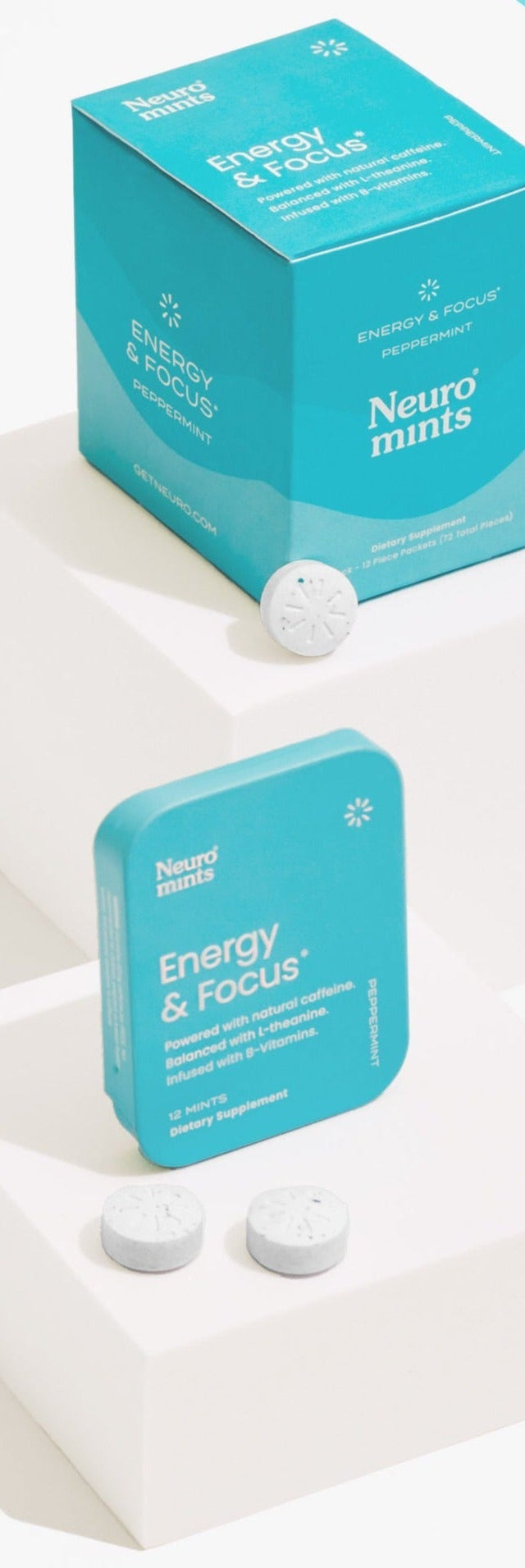Living with ADHD can be challenging enough without having to worry about medication shortages. Unfortunately, that's the reality many people with ADHD face today as they struggle to cope with the nationwide shortage of Adderall, a medication commonly used to manage symptoms of this disorder. For those who rely on Adderall to function in their daily lives, the shortage can be emotionally draining and physically debilitating. The thought of going without the medication they've come to rely on can be overwhelming and scary. However, there are coping strategies and alternative options available that can help individuals with ADHD navigate this difficult time. In this article, we will explore some tips and techniques for coping with the Adderall shortage and finding the support and resources needed to manage ADHD symptoms.
1. Talk to Your Doctor
If you are currently taking Adderall and are experiencing difficulties accessing the medication, it is important to talk to your doctor as soon as possible. Your doctor may be able to provide you with alternative medication options or suggest other treatment strategies that can help manage your ADHD symptoms.
In some cases, your doctor may be able to prescribe a different medication that can provide similar benefits to Adderall. For example, methylphenidate (Ritalin) is another type of central nervous system stimulant that can be used to treat ADHD. While it works in a slightly different way than Adderall, it can be an effective alternative for some individuals.
Your doctor may also be able to suggest non-medication treatments for managing ADHD symptoms, such as cognitive behavioral therapy, which can help individuals develop coping strategies and improve their executive function skills.
2. Consider Other Medication Options
There are other medications that can also be effective in managing symptoms. These include medications in the same class as Adderall, such as Ritalin and Vyvanse, as well as non-stimulant medications like Strattera and Intuniv. Talk to your doctor about these options and whether they may be appropriate for you.
It is important to note that different medications may have different side effects and benefits, and what works for one person may not work for another. It may take some trial and error to find the right medication and dosage that works best for you. If your doctor determines that a different medication is the best option for you, it is important to be open to trying different types of medication. While it can be challenging to switch medications, it may be necessary in order to manage your ADHD symptoms.
3. Practice Self-Care
Living with ADHD can be stressful, especially during times of medication shortages or other disruptions. It is important to prioritize self-care in order to manage stress and maintain your overall well-being.
Some self-care strategies that may be helpful for individuals with ADHD include:
4. Develop Coping Strategies
In addition to exploring alternative medications and non-medication strategies, it can be helpful to develop coping strategies for managing ADHD symptoms in the absence of Adderall. Some tips for coping with symptoms include:
-
Break tasks into smaller, manageable steps: Large tasks can be overwhelming for people with ADHD, so breaking them down into smaller, more manageable steps can help you stay focused and motivated.
-
Use a planner or calendar: Keeping track of your tasks and appointments in a planner or calendar can help you stay organized and manage your time more effectively.
-
Set reminders: Reminders can be helpful for remembering important tasks or appointments. You can use a smartphone app or set alarms to remind you of upcoming events or deadlines.
-
Create a distraction-free workspace: Eliminating distractions in your workspace, such as turning off your phone or closing unnecessary tabs on your computer, can help you stay focused and productive.
-
Find some time during your day to relax and relieve stress: Take advantage of the time you have between different activities to unwind and relax. For some ideas, read this article.
5. Seek Support
During this time, it is essential to seek support from professionals who can help you cope with the shortage and find alternative ways to manage your ADHD symptoms. One option is to reach out to a mental health professional who specializes in ADHD. They can provide you with resources and strategies for managing your symptoms, such as developing new coping mechanisms, changing your routine, or exploring other medication options.
In addition, joining a support group for individuals with ADHD can be an excellent way to connect with others who are going through similar experiences. You can share your frustrations and concerns with others who understand what you are going through and receive helpful advice and support.
It's also important to remember that you don't have to face this situation alone. Reach out to friends and family members who can offer emotional support and help you with daily tasks if needed. They can also help you stay motivated and focused on finding alternative solutions to manage your symptoms.
Overall, seeking support during the Adderall shortage is crucial for maintaining your mental and emotional well-being. Don't hesitate to reach out to professionals or others who can offer you the support and guidance you need to navigate this challenging time.
Conclusion
The nationwide shortage of Adderall has created a challenging situation for individuals with ADHD who rely on the medication to manage their symptoms. However, there are coping strategies and alternative medication options available that can help individuals navigate this difficult time.
If you are experiencing difficulties accessing Adderall, it is important to talk to your doctor as soon as possible and be open to trying different medication and/or non-medication options. Additionally, practicing self-care, seeking support, and developing coping strategies can help individuals manage ADHD symptoms and maintain their overall well-being.
Remember, living with ADHD can be challenging, but with the right resources and support, it is possible to manage symptoms and live a fulfilling life. For more information about the Adderall Shortage, read our article The Adderall Shortage: Causes, Effects and Possible Solutions.
About the Author

Angelica Castillo is a communications student in the mornings, an actress in the afternoons, and a passionate diary writer by night.
She is the creative copywriter at Magnify Media Agency and is currently working on audiovisual projects. She is also interested in psychology, constantly informing herself about human conduct and looking for ways to improve mental health to help others live a fulfilling life.
Find her on Instagram here:
@aange.cas






















